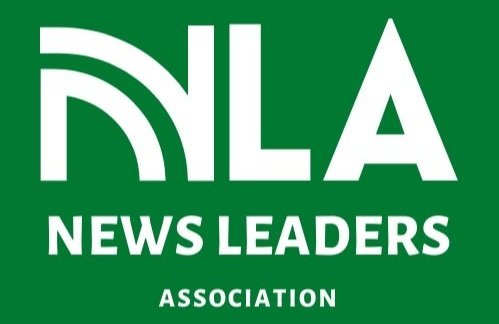First Amendment Award opens for submissions during Sunshine Week
This year, we’re opening up the call for entries for our annual First Amendment Award as part of our celebration of Sunshine Week (March 14-20, 2021).
This award recognizes the best examples of journalism on protecting or advancing Freedom of Information principles or overcoming significant resistance to the application of the First Amendment.
Submissions will be accepted on our website through April 23, 2021. Journalism produced anytime in 2020 through the end of Sunshine Week (March 20, 2021) is eligible.
This award, sponsored by Middle Tennessee State University’s Free Speech Center, comes with a $1,000 cash prize.
Here’s a look back at our winners from the past two years.
2020:
Jennifer Berry Hawes, Stephen Hobbs, Glenn Smith and Seanna Adcox of The Post and Courier took home the First Amendment Award last year for their project “‘IT’S TIME FOR YOU TO DIE:’ How flaws in the SC prison system led to 7 deaths in a single night”
Judges noted that the team at The Post and Courier:
“provided a haunting, detailed report on conditions that led to the deadliest prison riot in 25 years at a South Carolina facility, leaving seven people dead. The team’s timeline-style narrative, which involved significant data requests, thousands of pages of documents and hundreds of interviews, is a Class A example of journalism that makes a difference. The powers that be didn’t want to give up information about what happened, and the Post and Courier didn’t give up. Truly powerful reporting.”
Finalists in 2020:
Rob Davis, The Oregonian/OregonLive — “Polluted by Money”
Chip Rowe, Liz Schevtchuk Armstrong, Highlands Current — “Secret Putnam”
2019:
Stephen Deere, Dan Klepal, J. Scott Trubey and Kelly Yamanouchi of The Atlanta Journal-Constitution won the First Amendment Award this year for their work "How Atlanta Trampled the Public's Right to Know"
According to the judges, the team at The Atlanta Journal-Constitution:
“revealed a pattern of brazen violations of open-government laws by the administration of Mayor Kasim Reed, a one-time rising star in Democratic politics who had promised the most transparent administration in city history. The reporting lifted the veil on an entirely different reality in which the mayor's aides repeatedly and deliberately thumbed their noses at the public's right to know what went on in city government. The coverage produced results: the first-ever criminal investigation of open-records violations in Georgia, and adoption by the city of a government transparency law."
Finalists in 2019:
Staff, South Florida Sun Sentinel — "Public officials after Parkland: Hide, deny, spin"
Staff, The Washington Post — "Jamal Khashoggi"
Staff: Derek Kravitz, Al Shaw, Claire Perlman, Alex Mierjeski, ProPublica — "Trump Town"
